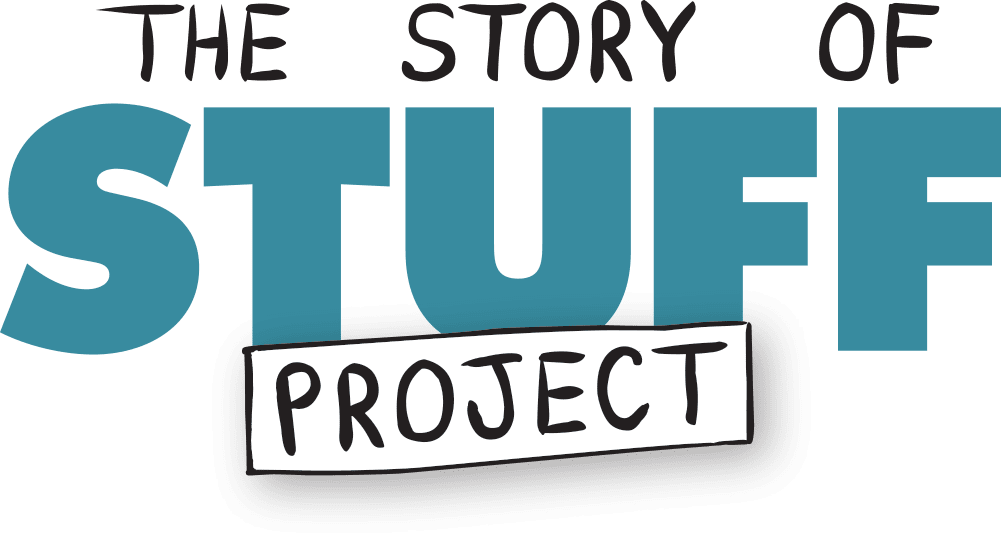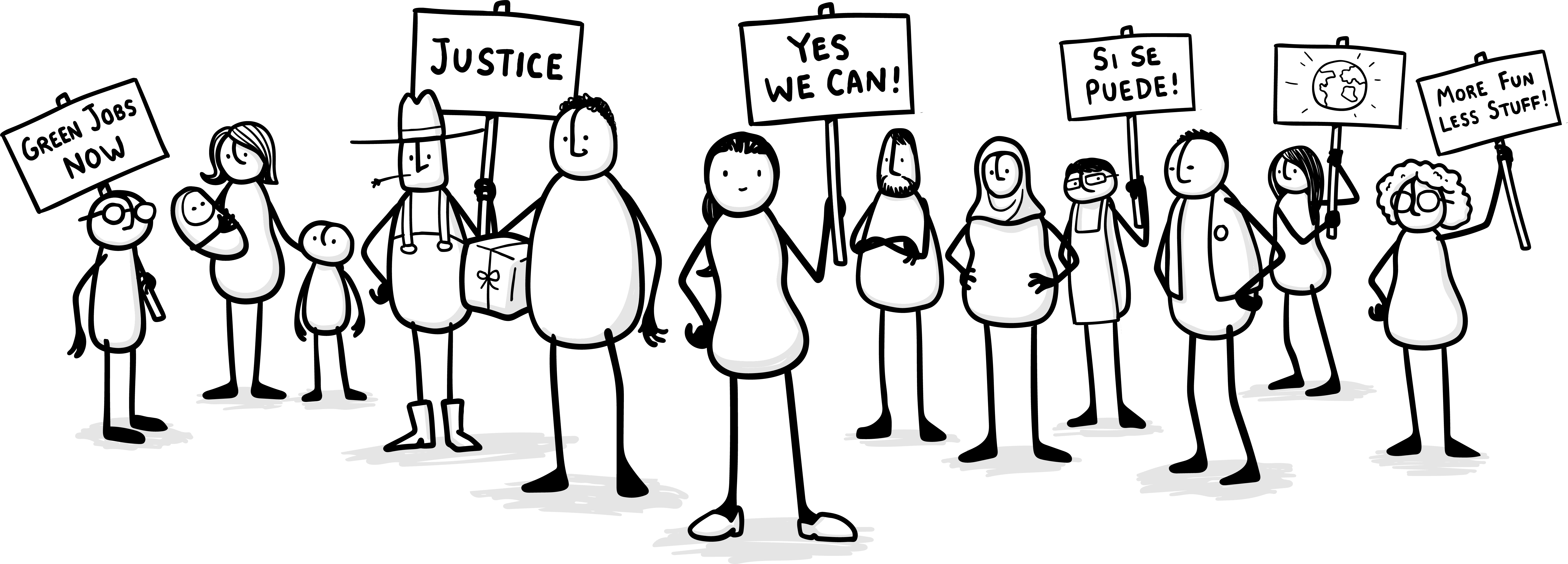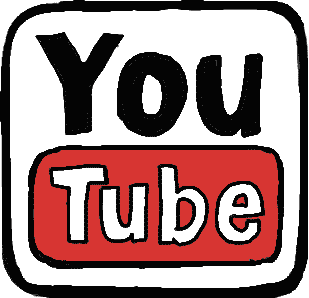Movies:
The Story Of…
Our first movie, The Story of Stuff, unleashed a torrent of pent-up demand for honest conversation about our consumption-crazed culture. Since then, we’ve produced dozens of animated shorts and documentaries that chart a path to a more just and sustainable future.
The Story of Stuff
The Story of Stuff, originally released in December 2007, is a 20-minute, fast-paced, fact-filled look at the underside of our production and consumption patterns. The Story of Stuff exposes the connections between a huge number of environmental and social issues, and calls us together to create a more sustainable and just world.
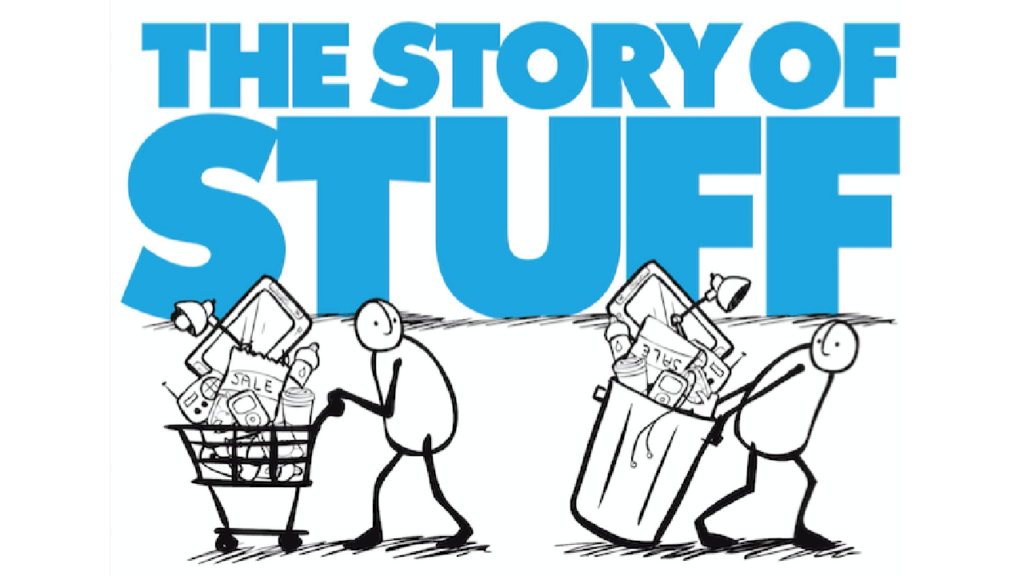
La Historia de las Cosas
Desde su extracción hasta su venta, uso y disposición, todas las cosas que hay en nuestras vidas afectan a las comunidades, y sin embargo la mayoría de todo esto se oculta. La Historia de las Cosas es un DVD entretenido, dinámico y cargado de datos, que describe en 20 minutos el lado oculto de nuestros patrones de producción y consumo. La Historia de las Cosas expone las conexiones entre una gran cantidad de problemas ambientales y sociales, y hace un llamado a que nos unamos para crear un mundo más sustentable y justo. Les enseñará mucho, les divertirá y puede que cambie para siempre la visión que tienen sobre las cosas.
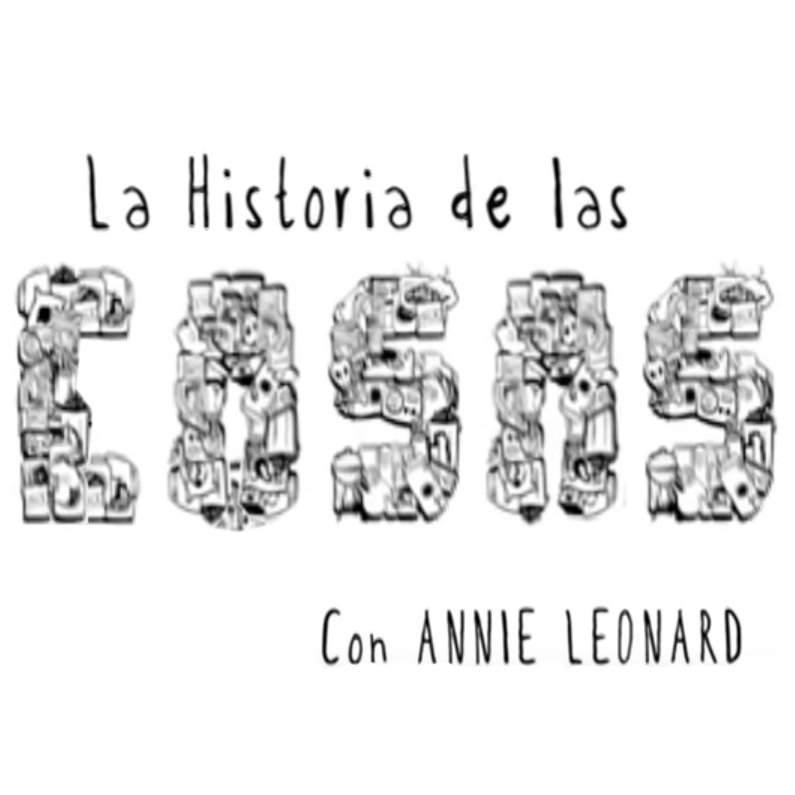
The Story of Cap and Trade
The Story of Cap & Trade, released in December 2009, is a fast-paced, fact-filled look at the leading climate solution discussed at the Copenhagen 2009 United Nations Climate Change Conference. Host Annie Leonard introduces the energy traders and Wall Street financiers at the heart of this scheme and reveals the “devils in the details” in current cap and trade proposals.
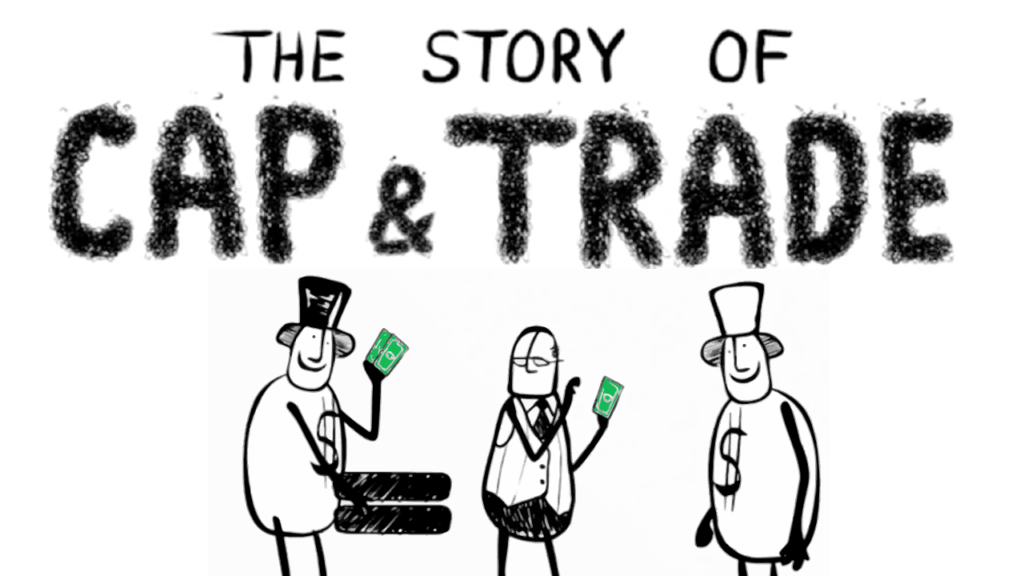
The Story of Bottled Water
The Story of Bottled Water, released on March 22, 2010 (World Water Day), employs the Story of Stuff style to tell the story of manufactured demand—how you get Americans to buy more than half a billion bottles of water every week when it already flows virtually free from the tap.
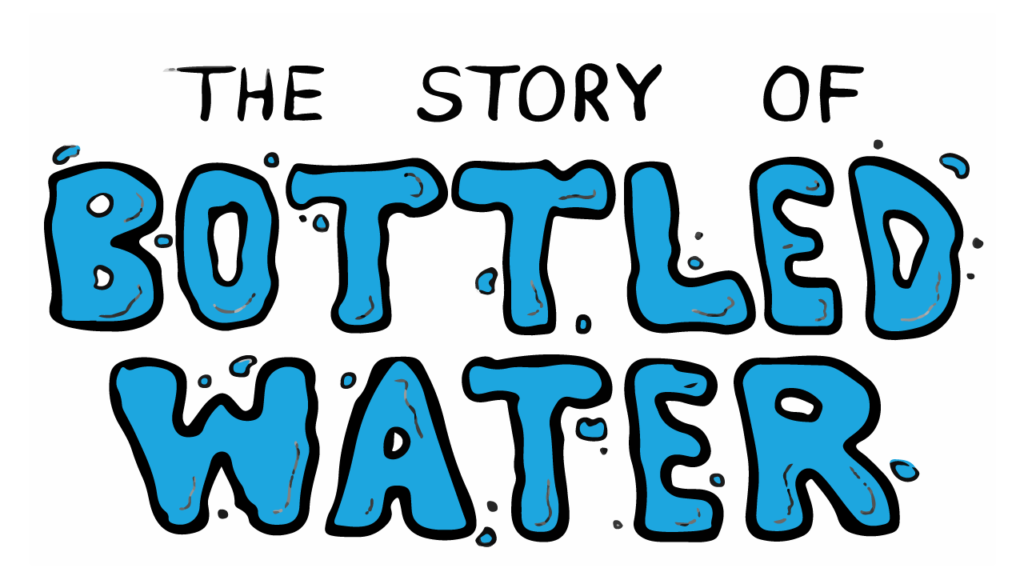
The Story of Cosmetics
The Story of Cosmetics, released on July 21, 2010, examines the pervasive use of toxic chemicals in our everyday personal care products, from lipstick to baby shampoo. The seven-minute film reveals the implications for consumer and worker health and the environment, and outlines ways we can move the industry away from hazardous chemicals and towards safer alternatives.
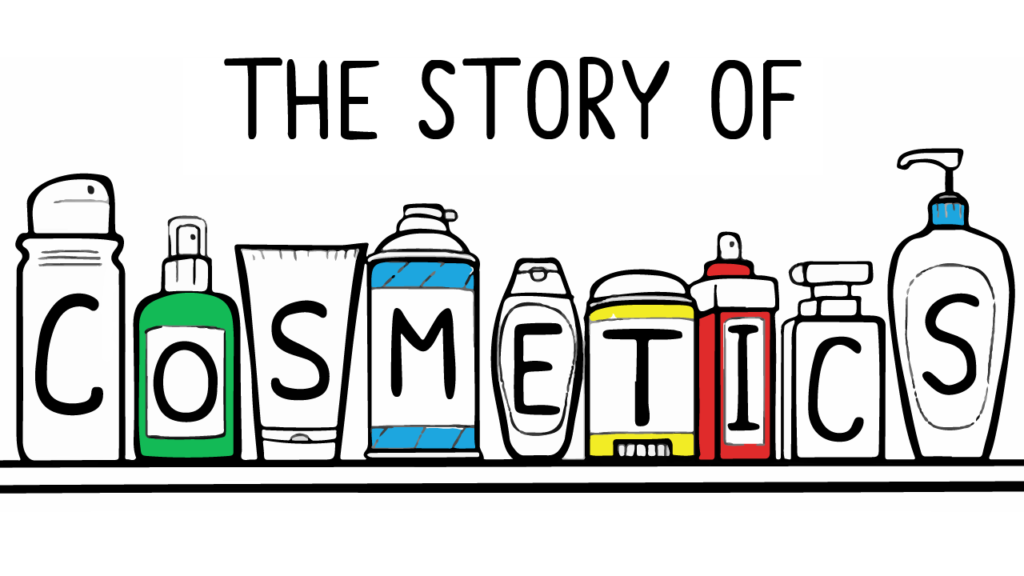
The Story of Electronics
The Story of Electronics, released in November 2011, employs the Story of Stuff style to explore the high-tech revolution’s collateral damage—25 million tons of e-waste and counting, poisoned workers and a public left holding the bill. Host Annie Leonard takes viewers from the mines and factories where our gadgets begin to the horrific backyard recycling shops in China where many end up.
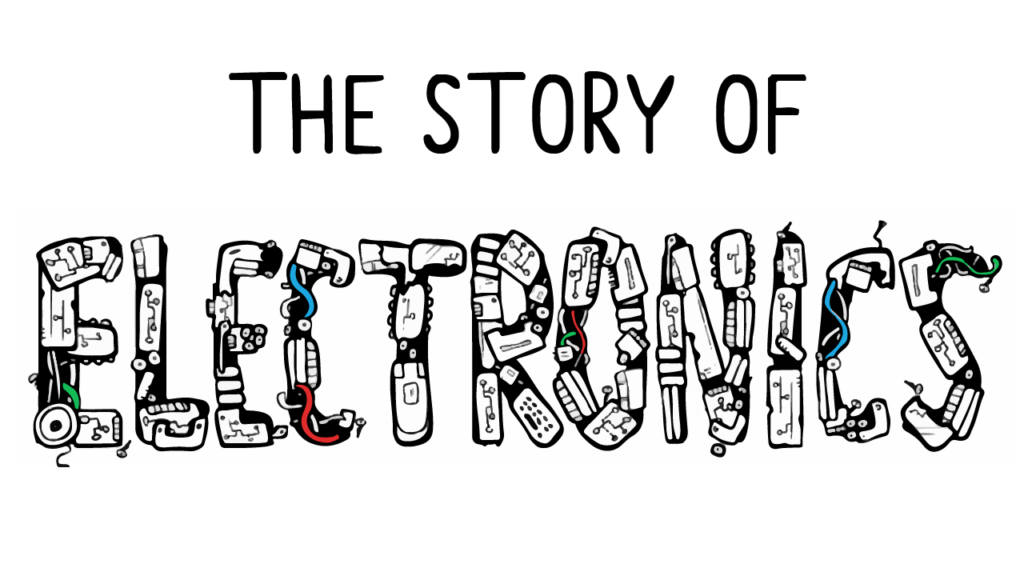
The Story of Citizens United v FEC
The Story of Citizens United v. FEC explores the inordinate power that corporations exercise in our democracy. The movie explores the history of the American corporation and corporate political spending, the appropriate roles of citizens and for-profit corporations in a democracy and the toxic impact the Citizens United Supreme Court decision is having on our political process.
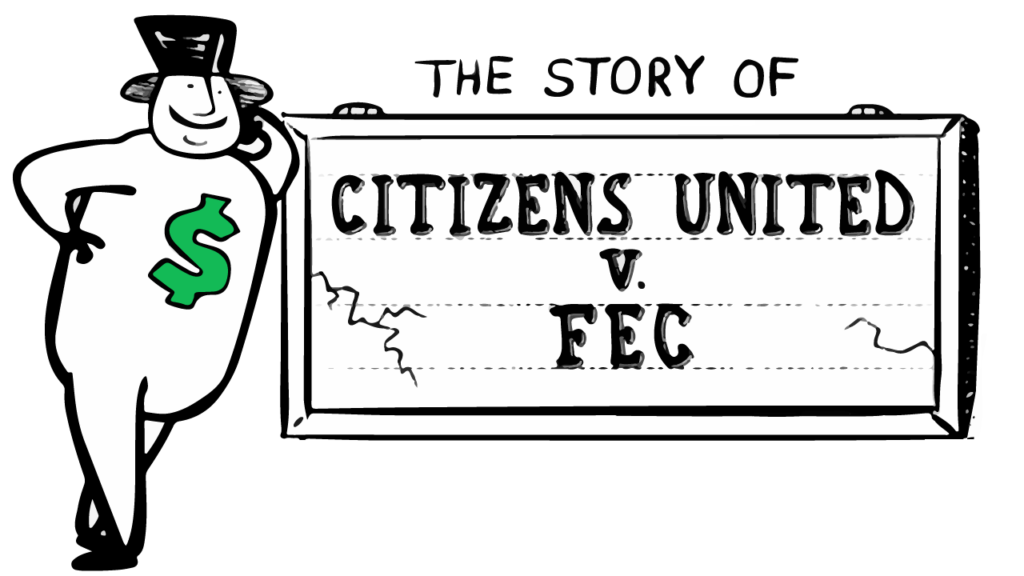
The Story of Broke
The United States isn’t broke; we’re the richest country on the planet and a country in which the richest among us are doing exceptionally well. But the truth is, our economy is broken, producing more pollution, greenhouse gasses and garbage than any other country. In these and so many other ways, it just isn’t working.
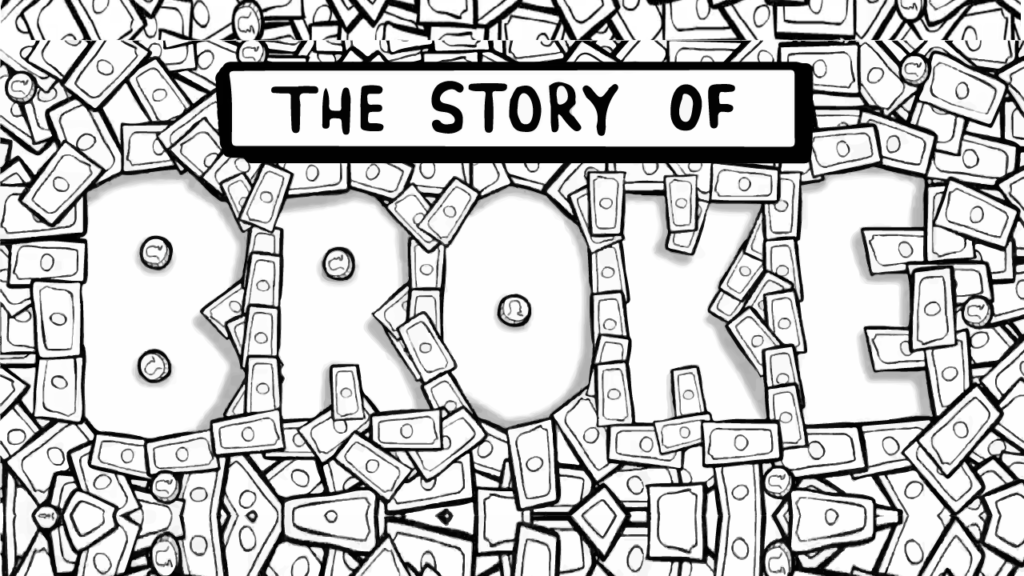
The Story of Change
Over the past several decades, many environmental and social change efforts have come to reflect the centrality of shopping in our culture, suggesting change can be made—or is even best made—through alterations in our individual consumption patterns. These efforts—buy Fair Trade or organic, use a reusable bag, screw in a CFL lightbulb—are a great place to start, but they are a terrible place to stop.
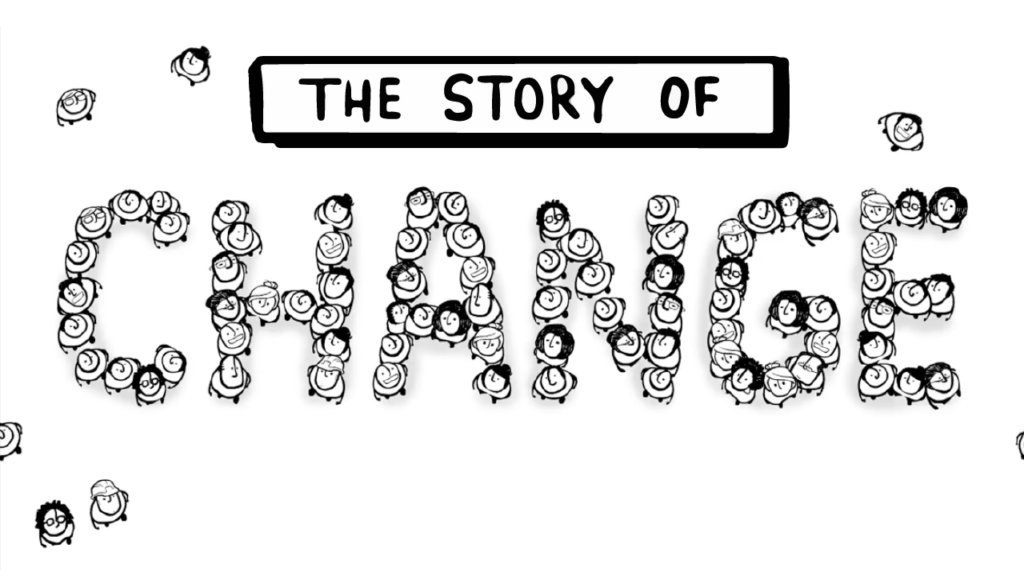
The Story of Solutions
The Story of Solutions, released in October 2013, explores how we can move our economy in a more sustainable and just direction, starting with orienting ourselves toward a new goal. In the current ‘Game of More’, we’re told to cheer a growing economy – more roads, more malls, more Stuff! – even though our health indicators are worsening, income inequality is growing and polar icecaps are melting. But what if we changed the point of the game? What if the goal of our economy wasn’t more, but better – better health, better jobs and a better chance to survive on the planet?
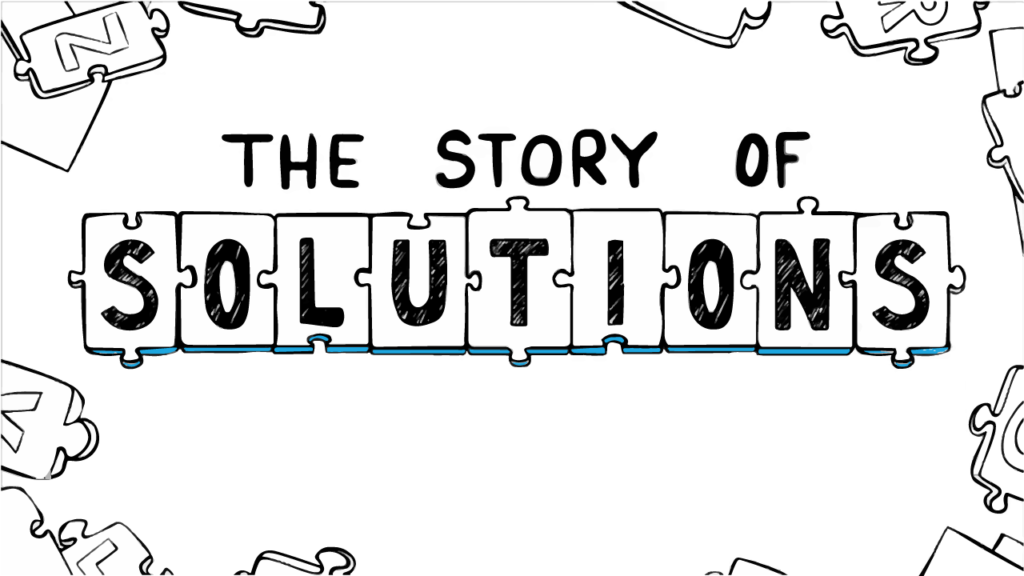
The Story of Microbeads
No matter where you live, there are ways to take action to protect our waterways and put a stop to polluting plastic microbeads! This 2-minute short takes on plastic microbeads—the nasty little bits of plastic that companies have been putting in everything from body washes and hand soaps to toothpaste and make up.
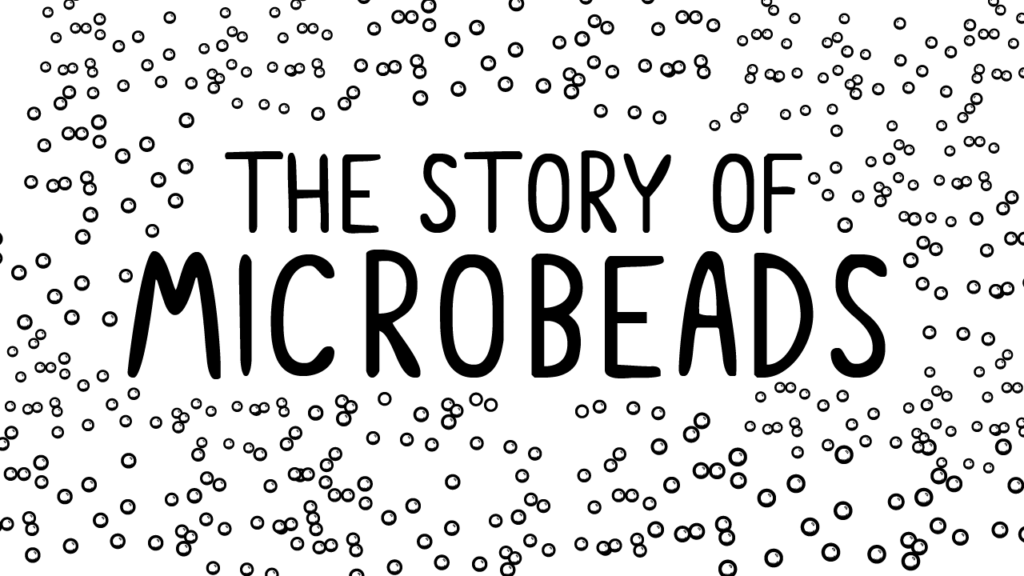
The Story of Microfibers
Most of us wear synthetic fabrics like polyester every day. Our dress shirts, yoga pants, fleeces, and even underwear are all increasingly made of synthetic materials — plastic, in fact. But these synthetic fabrics, from which 60% of all clothing on earth is made, have a big hidden problem: when they’re washed, they release tiny plastic bits — called microfibers — that flow down our drains, through water treatment plants, and out into our rivers, lakes and oceans by the billions.
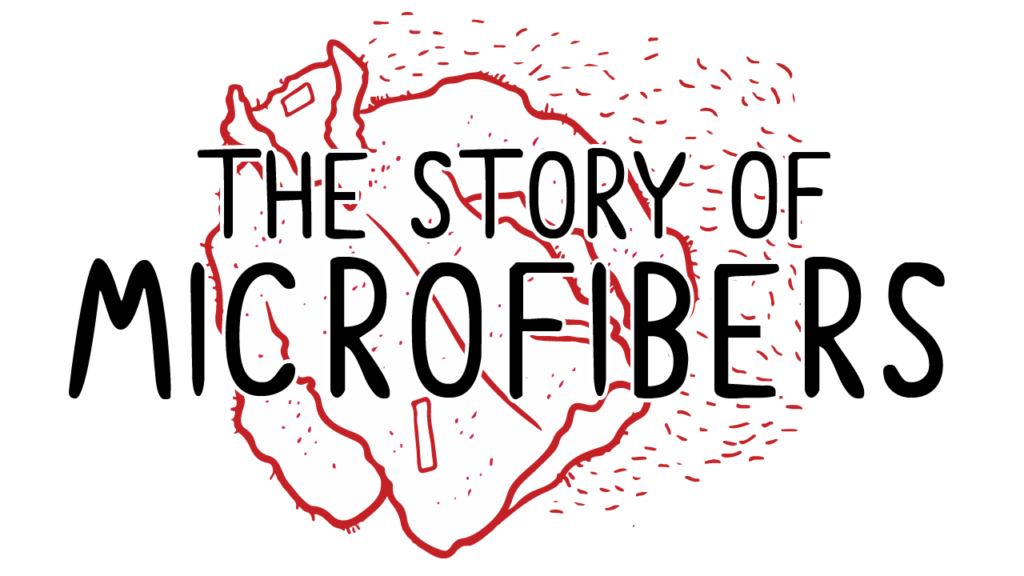
The Story of Water
It’s no secret that our public water and sewer systems are in need of maintenance, repair, and upgrades, making them vulnerable to private corporations offering false solutions to cities struggling to pay for these necessities. When corporations take control of our water, they prioritize turning a profit, instead of access to clean, safe, affordable drinking water that we all need to survive.
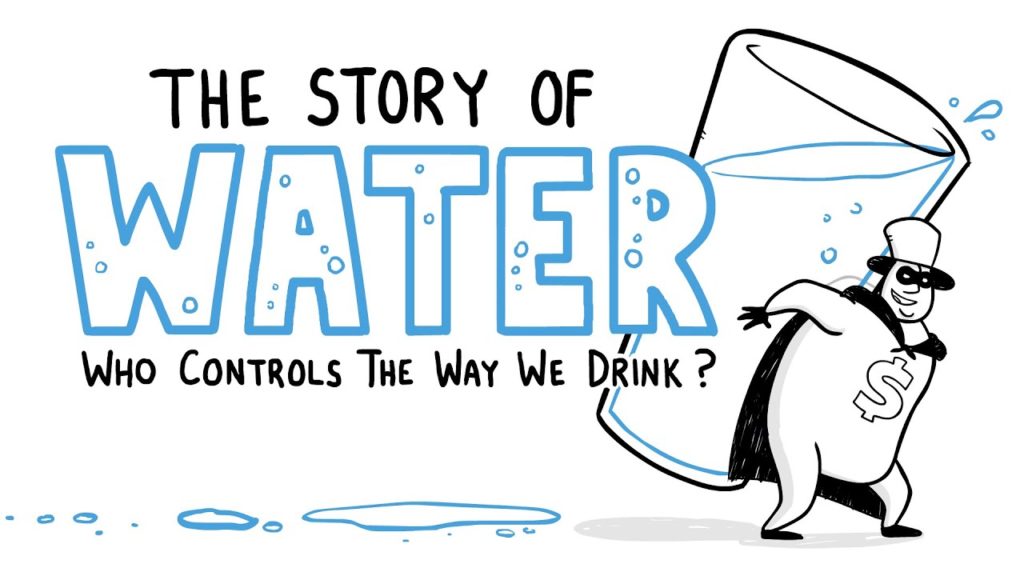
The Story of Plastic (animated short)
The Story of Plastic (animated short) pulls back the curtain on the plastic pollution headlines, revealing the true causes and consequences of the global plastics crisis. This animated short is a companion piece to The Story of Plastic (documentary), which premiered in April of 2020.

